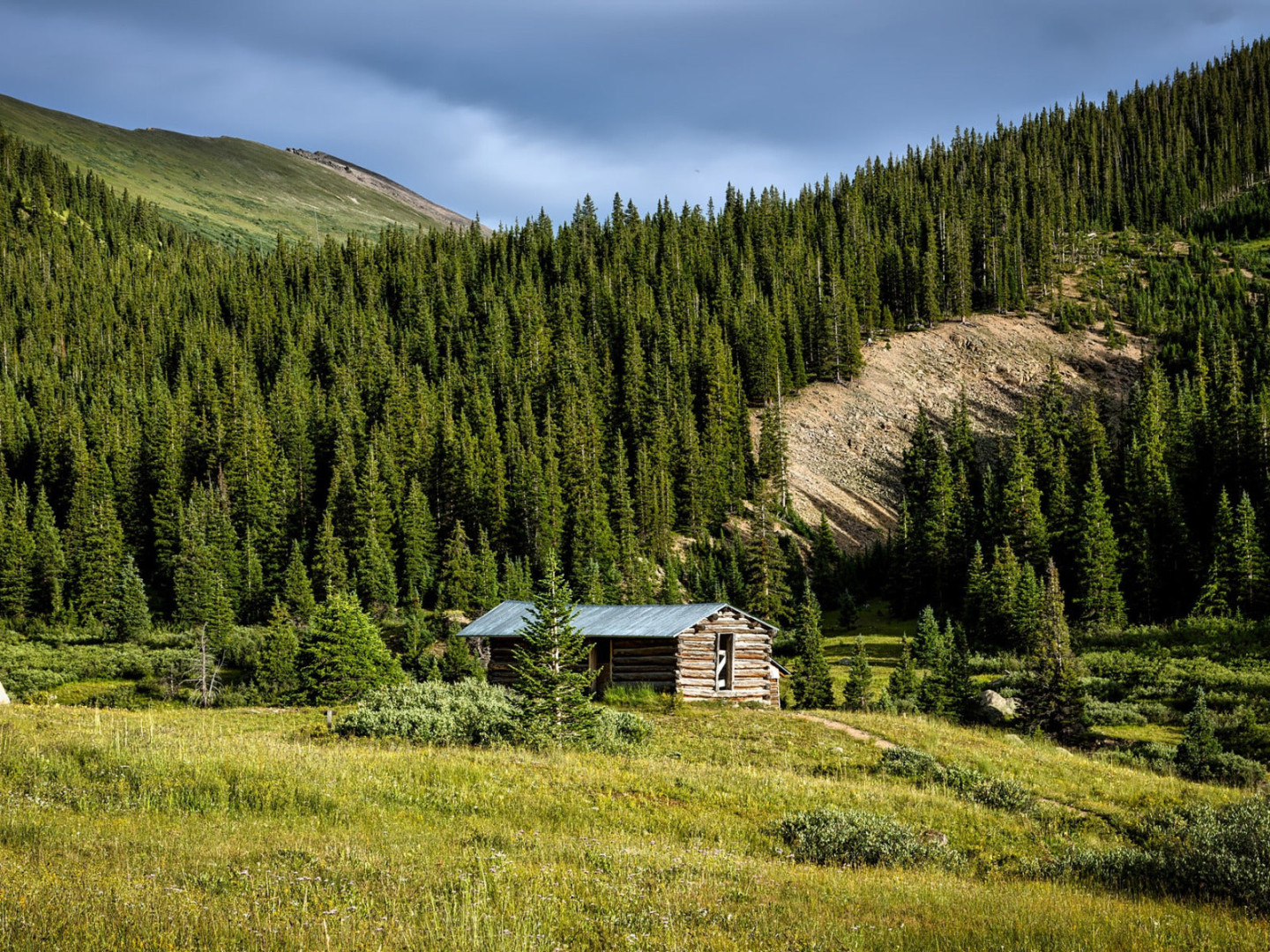Introduction
Dreaming of escaping the hustle and bustle of modern life? Living off the grid in Canada might just be your calling. With its vast, untouched wilderness, abundant natural resources, and a growing community of self-sufficient individuals, Canada offers unparalleled opportunities for those seeking a simpler, more sustainable lifestyle. But where exactly should you set up your off-grid haven? Let’s explore some of the best places to live off the grid in Canada.
British Columbia: Nature’s Playground

British Columbia is often hailed as a paradise for outdoor enthusiasts, and it’s no different for off-grid living. The province boasts a diverse landscape, from the coastal rainforests to the rugged mountains, providing a wide range of options for those looking to disconnect.
Vancouver Island: Known for its temperate climate and stunning coastal beauty, Vancouver Island offers a balance of seclusion and accessibility. While the island has a growing population, there are still plenty of remote areas where you can establish an off-grid homestead.
Alberta: The Prairie Province with a Wild Side
Alberta might be known for its sprawling prairies, but it also offers hidden gems for off-grid living.
Rocky Mountains: While the Rockies are a popular tourist destination, there are still remote areas where you can find peace and quiet. Consider the foothills or the eastern slopes for potential off-grid locations.
Ontario: The Heartland of Canada
Ontario, Canada’s most populous province, might seem like an unlikely choice for off-grid living. However, it offers surprising opportunities.
Northern Ontario: This vast region is home to boreal forests, lakes, and rivers, providing an ideal setting for an off-grid lifestyle. Areas like the Algoma and Kenora districts offer abundant Crown land and opportunities for self-sufficiency.
Quebec: French-Canadian Wilderness
Quebec is a province of contrasts, offering both urban sophistication and breathtaking wilderness.
Northern Quebec: This vast, sparsely populated region is a haven for off-grid enthusiasts. The James Bay Cree Nation territories offer opportunities for remote living and access to traditional Indigenous knowledge.
The Territories: Ultimate Wilderness
For the truly adventurous, Canada’s northern territories offer unparalleled opportunities for off-grid living.
Yukon: Known for its stunning mountains, glaciers, and wildlife, the Yukon is a dream destination for many off-grid enthusiasts. However, be prepared for extreme weather conditions and isolation.
Conclusion
Choosing the best place to live off the grid in Canada depends on your personal preferences, lifestyle, and tolerance for isolation. Each region offers unique advantages and challenges. Careful planning, preparation, and a strong sense of adventure are essential for a successful off-grid experience.
No matter where you choose to settle, remember that off-grid living requires self-reliance, resourcefulness, and a deep connection to nature. Embracing a sustainable lifestyle and minimizing your impact on the environment are crucial for long-term success.
FAQs
1. What are the legal requirements for living off the grid in Canada?
The legal requirements for living off the grid vary by province and territory. It’s essential to research the specific regulations in the area you’re considering. Generally, you’ll need to obtain land ownership or lease, comply with building codes, and potentially obtain permits for water and wastewater systems.
2. How can I ensure a reliable water supply for off-grid living?
A reliable water supply is crucial for off-grid survival. Consider options such as collecting rainwater, drilling a well, or using a natural spring. Water purification and filtration systems are essential to ensure safe drinking water.
3. What are the best energy sources for off-grid living in Canada?
Solar and wind power are popular choices for off-grid energy generation in Canada. The best option depends on your location and energy needs. Battery storage is essential for storing excess energy for use during cloudy or windless periods.
4. How can I grow my own food off the grid?
Gardening is a vital component of self-sufficiency. Choose crops that are well-suited to your climate and soil conditions. Consider starting with easy-to-grow vegetables like potatoes, carrots, and beans. Greenhouse cultivation can extend the growing season.
5. What are the social and psychological challenges of off-grid living?
Living off the grid can be isolating, and it’s important to consider the potential social and psychological challenges. Building a strong support network, finding community, and developing coping mechanisms for loneliness are essential for long-term well-being.
Note: This is a general overview and does not cover all aspects of off-grid living. It’s crucial to conduct thorough research and consider your specific needs and circumstances before making a decision.